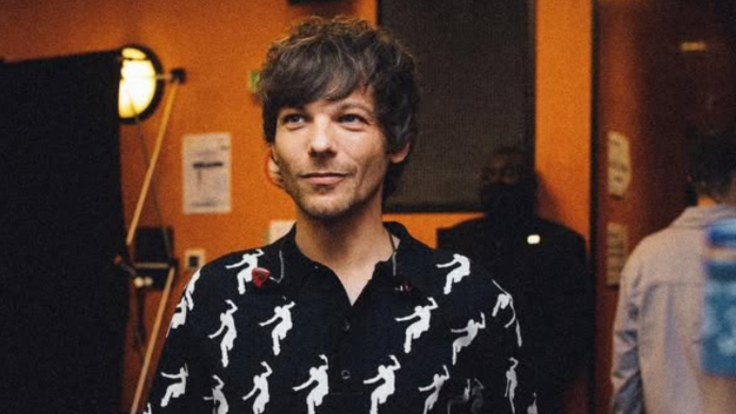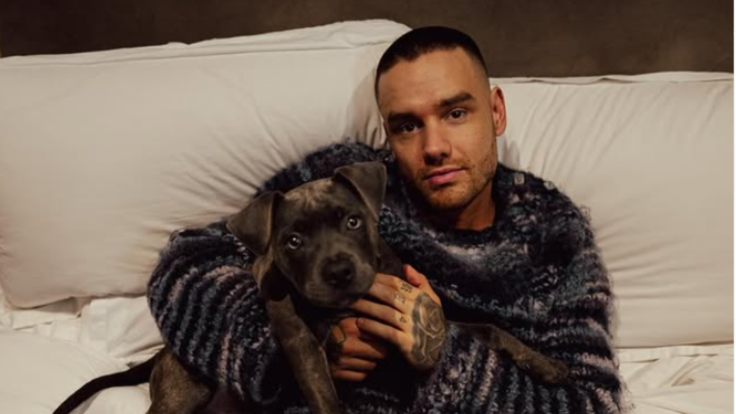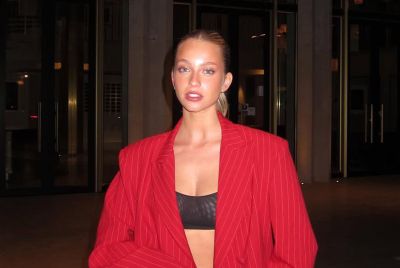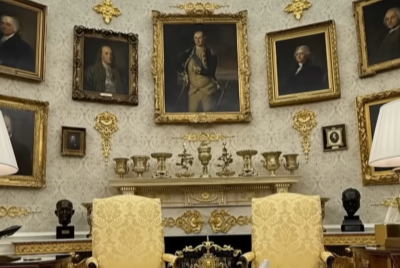Louis Tomlinson Blasts Logan Paul For Exploiting Liam Payne In 'Cruel' Interview, Says He Will 'Forever Despise' Him
Tomlinson urges greater ethical standards for influencer interviews

'I f***ing forever despise [Logan Paul],' Louis Tomlinson said — condemning what he calls an exploitative interview that helped deepen his late friend's struggles.
Tomlinson told The Independent that he holds Logan Paul personally responsible for the damage done to Liam after Payne's 2022 appearance on Paul's Impaulsive podcast, calling the episode 'cruel' and arguing that some modern media outlets lack a basic duty of care.
Tomlinson's Public Rebuke: Blame, Fury and Duty of Care
Tomlinson commented in a wide-ranging interview published on 18 October 2025, which was his first major newspaper interview since Payne's death. He told The Independent he had watched the Impaulsive episode again with increasing discomfort, and that he believed the format and presentation of some influencer-run shows encouraged sensationalism over safeguarding vulnerable guests.
The remark is notable not just for its bluntness but for its source. Tomlinson, a long-time friend and bandmate of Payne's in One Direction, framed his anger as protective, not tribal.
He said Payne had shouldered a disproportionate burden within the band and that the podcast appearance, where Payne was visibly intoxicated and aired grievances, compounded a fragile period in his colleague's life.
The 'Impaulsive' Episode: What Was Said and When
Paul's Impaulsive episode with Payne was published in mid-2022 and quickly became a flashpoint among fans and commentators. In the hour-plus conversation, Payne disclosed personal frustrations about his solo career and spoke candidly about his relationships with former bandmates, remarks that provoked a swift backlash and later required public apology and clarification from Payne himself.
Contemporaneous coverage from music and culture outlets flagged the interview as atypical for celebrity-promoted conversations: Payne appeared to drink alcohol during the recording and made provocative claims, including that Simon Cowell had effectively built One Direction around him, which fans and media later dissected as evidence of someone struggling rather than simply 'speaking truth'.
Subsequent statements by Payne, and a July 2023 video in which he apologised and described a period of rehabilitation, underlined how the interview had been followed by genuine personal turmoil.
The Broader Debate Over Influencer Media
The human story at the centre of Tomlinson's rebuke is urgent. Payne died on 16 October 2024 in Buenos Aires after falling from a hotel balcony, a death that prompted soul-searching across the music industry about how fame, mental health, and sensational media collide.
Payne's well-documented history of substance use and mental-health struggles, including a publicly shared stint in rehab, has made any revisit to the 2022 podcast uncomfortable and, for some, damning.

Tomlinson framed his criticism as part of a wider argument about the responsibilities of interviewers. He told The Independent that while some journalists exercise a 'duty of care', the rise of influencer-led shows has blurred editorial boundaries and normalised formats where viral moments are prioritised over guest welfare.
That warning has resonance beyond celebrity culture. Mental-health experts and media ethicists have repeatedly urged hosts and producers to set boundaries and provide support when guests show signs of distress.
Paul has not issued a public statement directly addressing Tomlinson's latest remarks. After Payne's death, however, Paul and his show did address the tragedy on air; the episode's hosts expressed shock and discussed the boundaries of their platform, though critics say those responses were too late for the damage already done.
Media commentators now ask whether there should be clearer industry standards for podcasts and long-form video shows that reach mass audiences yet operate outside traditional editorial oversight.
Tomlinson's words — blunt, unequivocal and rooted in grief — force a difficult question on to the table: what duty do new-media hosts owe to the people they invite into their studios?
© Copyright IBTimes 2025. All rights reserved.





















